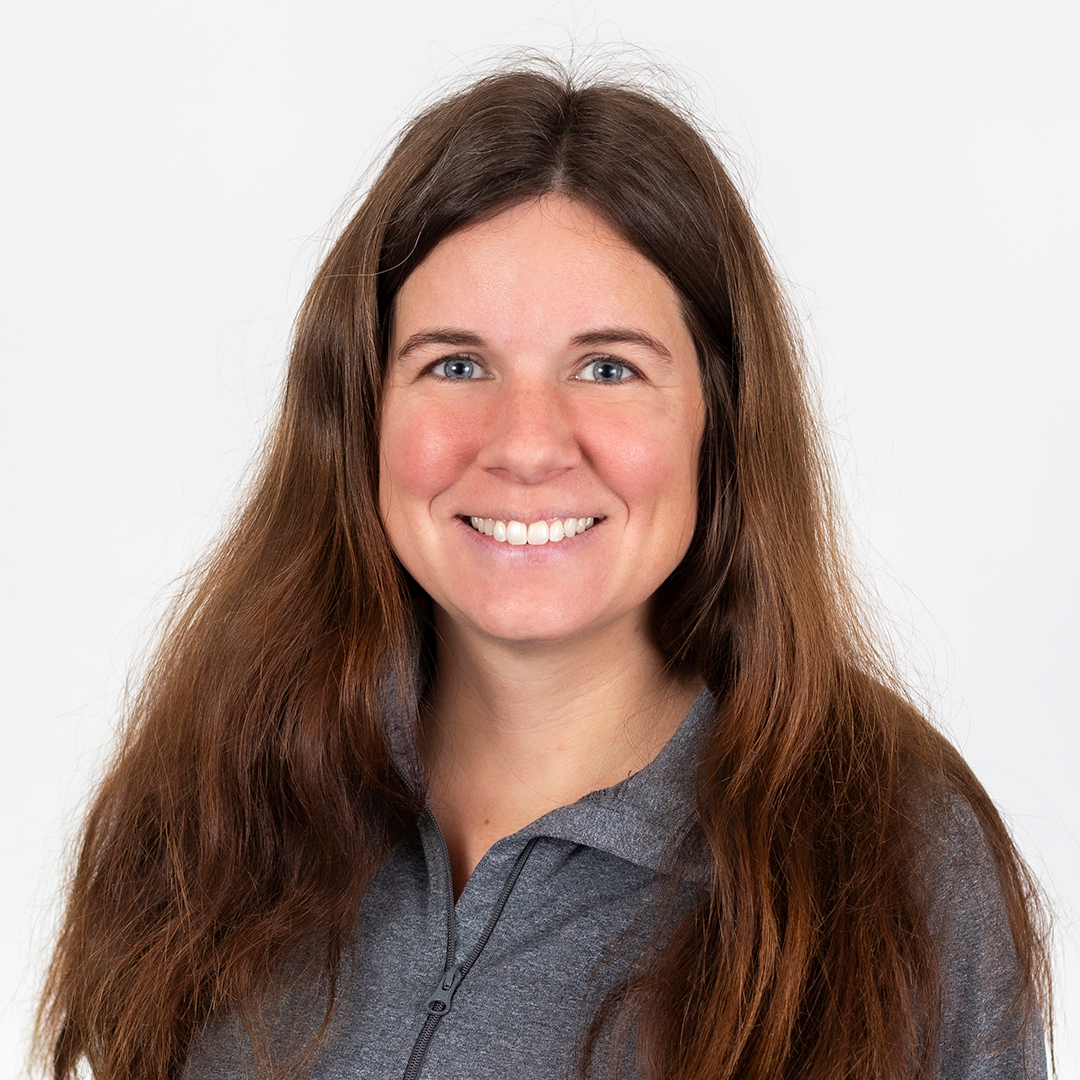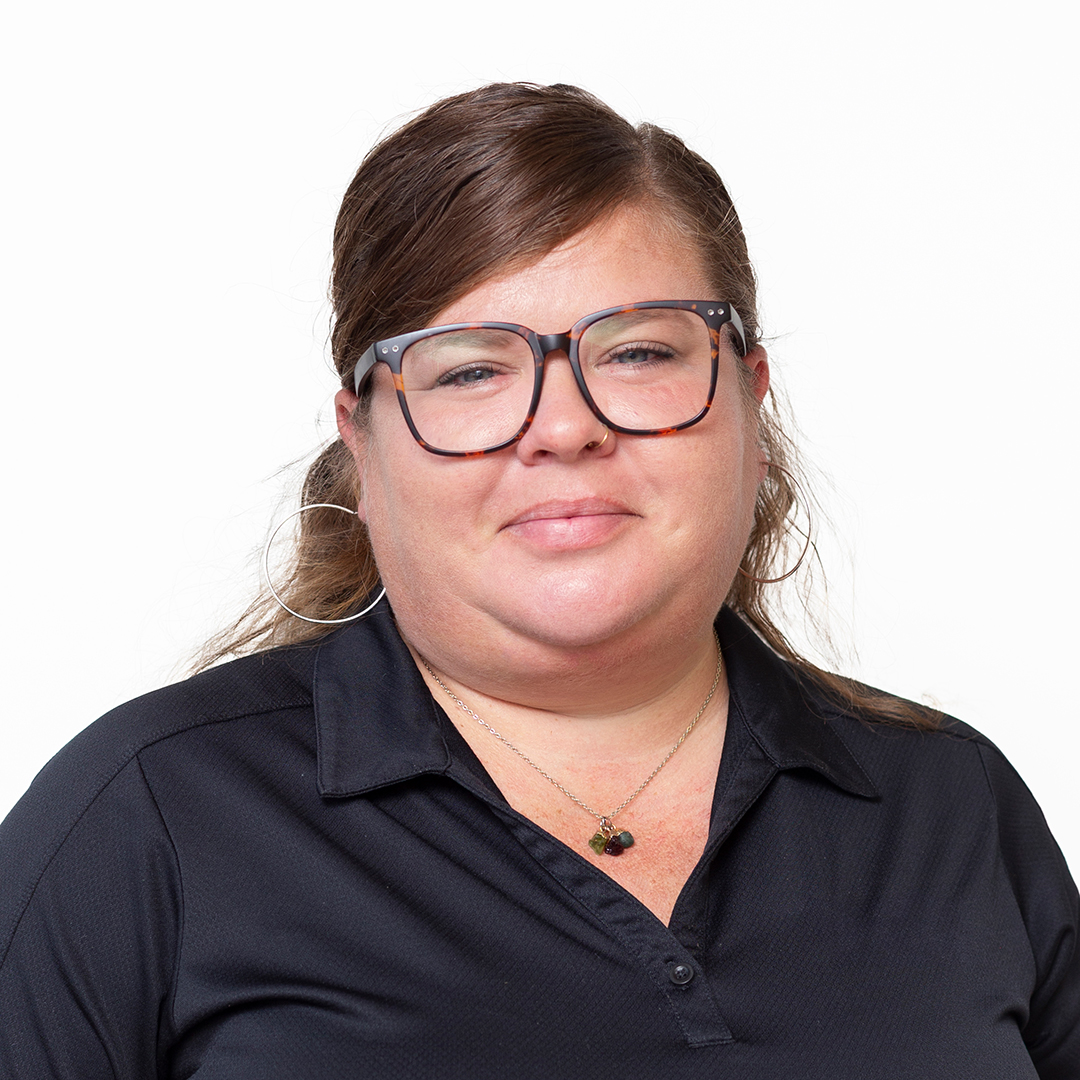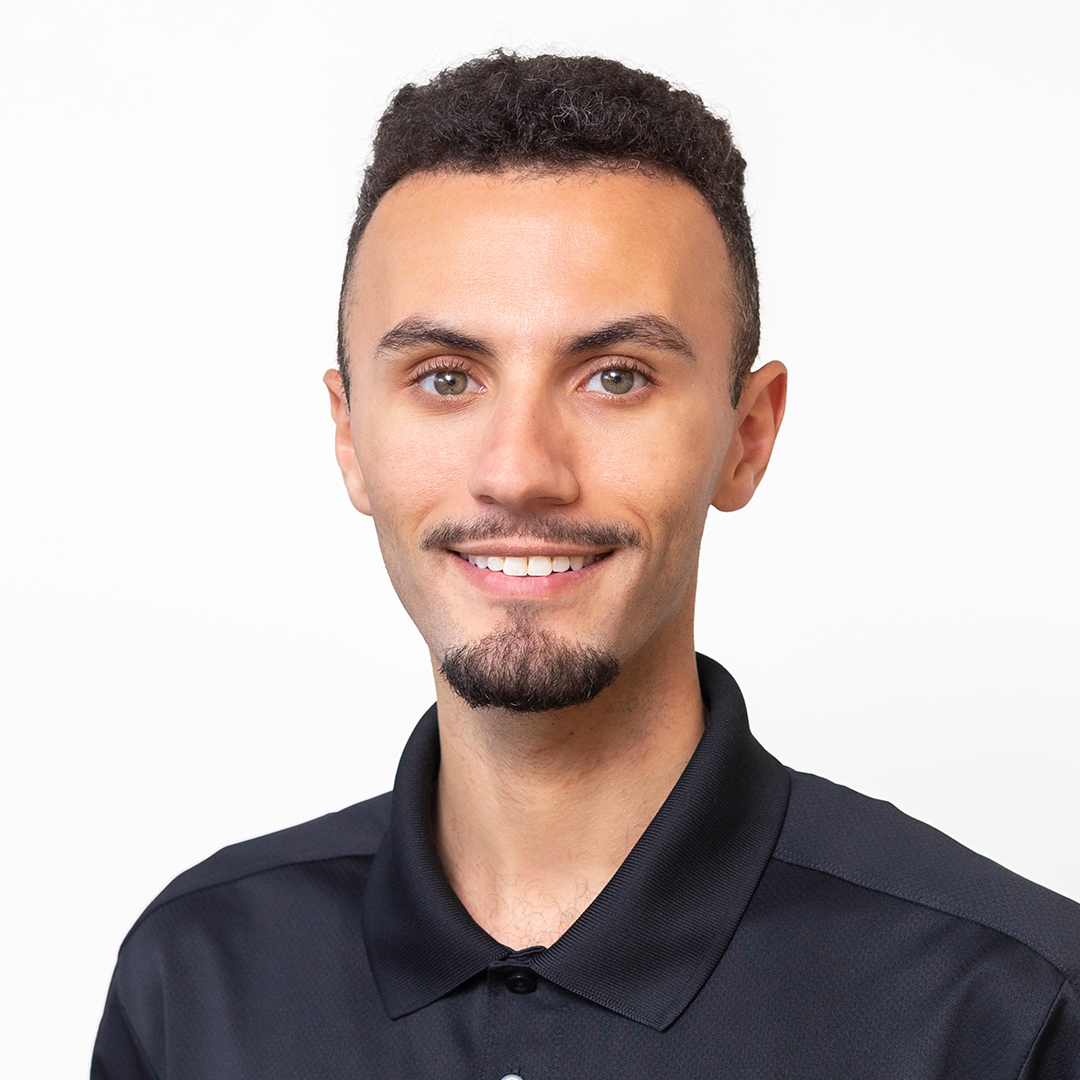Employment Success Program
At Community Health Alliance, our Employment Success Program is built on collaboration and connection. By bringing together a network of community providers, we focus on your strengths and partner with you to create a personalized plan for achieving your employment goals.
Our vision is to open doors for individuals on public assistance or from low-income families by offering meaningful work experiences, job readiness training, and skill-building opportunities that lead to long-term success.
The goal is simple yet powerful: to improve employment outcomes for those facing significant personal, physical, or emotional barriers—including health challenges, addiction, legal issues, domestic violence, and other social obstacles—so every individual has the support they need to overcome barriers and secure meaningful employment with a sustainable wage.

What it can look like?
Personal & Financial Needs
Housing, childcare, transportation, work attire, food access, ID documents, criminal history, community resources, and money management.
Emotional & Physical Wellbeing
Support for mental health, substance use, disabilities, or medical/dental concerns.
Career Planning
Help with job changes, identifying strengths, emotional intelligence, and setting future goals.
Job Search Skills
Computer basics, resume building, interview prep, job applications, and professional presentation.
Education and Training
GED support, English language learning, customer service skills, and funding for licenses or certificate programs.
Our Providers Can Help With
Coordination of substance use treatment
Substance use treatment includes programs and supports that help individuals reduce or stop harmful substance use and work toward recovery.
If our providers find that you need substance use treatment, they can help you access the right level of care, connect you with treatment programs, and coordinate ongoing support to strengthen your recovery.
Coordination of mental health services
Mental health services include counseling, therapy, and psychiatric care that support emotional well-being and recovery.
If our providers find that you need mental health support, they can connect you with appropriate services, coordinate your care across providers, and ensure you receive consistent follow-up.
Assistance in obtaining health insurance
Health insurance helps cover the cost of medical care, prescriptions, and essential services, making healthcare more affordable and accessible.
If our providers find that you need health insurance, they can help you understand your options, guide you through the enrollment process, and connect you to programs that fit your situation.
Assistance in obtaining financial benefits (food stamps, SSI/SSDI, etc)
Financial benefits are programs such as food assistance, disability income, or other supports that help people meet basic needs and stabilize their daily life.
If our providers find that you may qualify for these benefits, they can guide you through the application process, connect you to the right agencies, and help you gather the documentation you need.
Assistance in finding shelter, transitional or permanent housing
Safe and stable housing is essential for recovery, health, and long-term stability. This can include emergency shelters, temporary transitional housing, or permanent housing options.
If our providers find that you need housing support, they can link you to shelters, assist with transitional living options, or connect you with housing programs to help you secure a safe place to live.
Assistance obtaining employment
Employment provides income, purpose, and a path toward greater independence. For many, finding and keeping a job is an important step toward stability and recovery.
If our providers find that you are ready for employment, they can connect you with job resources, help with applications, and link you to workforce development programs in the community.
Assistance pursuing educational or vocational goals
Education and vocational training can expand opportunities and support long-term success. This may include returning to school, completing a GED, or pursuing skills training for a specific career.
If our providers find that education or training is one of your goals, they can help you explore options, connect you to programs, and provide guidance to support your progress.
Other individual needs or goals
Each person’s journey is unique, and needs can go beyond the typical categories of housing, employment, or benefits. These may include personal goals, family support, or other resources important to your well-being.
If our providers find that you have other goals or needs, they will work with you to identify the right supports, connect you with community resources, and help you take the steps toward achieving them.


